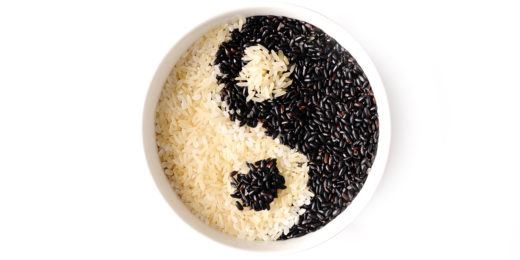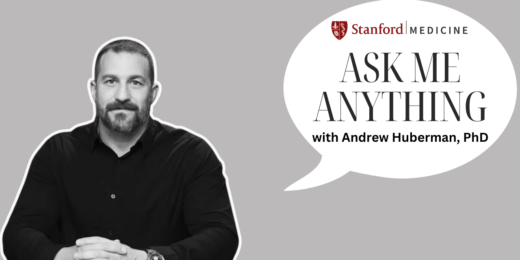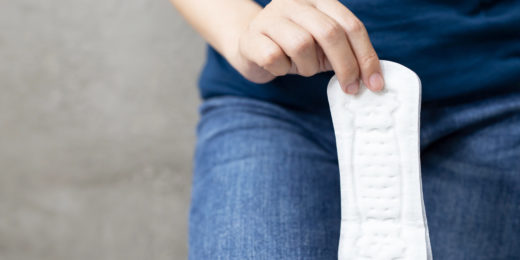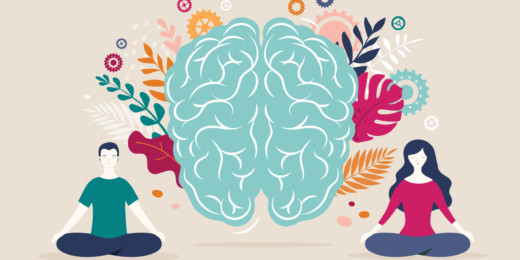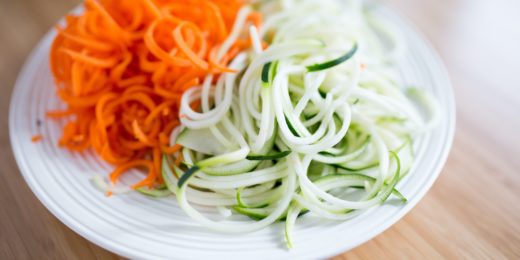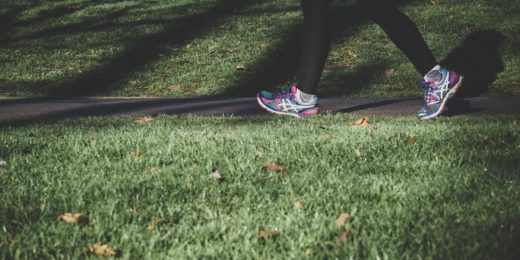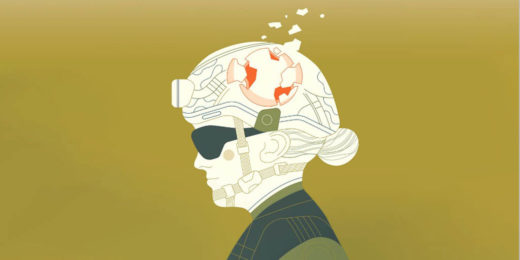As FDA weighs a ban on menthol in cigarettes, study shows how the tobacco industry targeted products to women, teens and Black people.
Category: Wellness
Unconventional Paths: Bohemian wannabe turned Stanford nutritionist
A philosopher by nature, Christopher Gardner had a meandering, yet purposeful, path to nutrition science and food sustainability.
Ask Me Anything: Neuroscience with Andrew Huberman
Andrew Huberman joins Stanford Medicine in an Ask Me Anything featuring topics such as human behavior and neuroscience.
Addressing mental health struggles among health care workers
Tait Shanafelt discusses physician suicide as a national crisis, and how to support health care workers' mental health.
Pap smears, be gone? Using menstrual blood to detect HPV
Researchers have created a menstrual pad that can passively help detect HPV, potentially offering a screening method other than pap smears.
Building a cancer community through BLACC
A group of Black women work toward a peer navigation program to help other Black women survive breast cancer.
Demystifying egg freezing in medicine
A Stanford surgical resident shares her story behind why she decided to freeze her eggs in the hopes that she can demystify the process.
Mental health hygiene can improve mood, decrease stress
Creating a routine of mental health hygiene, including daily mindfulness practices, can decrease stress levels and improve mood.
Quick and easy food substitutions for a heart-healthy diet
Stanford dietitian recommends making some simple food substitutions that cut back on fats and carbohydrates to improve heart health.
How COVID-19 has hurt health care workers’ mental health
Stanford clinical psychologist discusses how the mental health of health care workers has been impacted by the pandemic.
Staying active is important — especially for older adults
Randall Stafford discusses the importance and benefits of physical activity, particularly for aging adults.
Stanford-born birth control app among Time’s top 100 innovations
Two Stanford Biodesign researchers designed a birth control app and case that helps women track their weekly doses.
Brain trauma is not the same in women and men
Stanford Medicine researchers are exploring how men and women's brains differ after traumatic head injury.
Addictive potential of social media, explained
Stanford psychiatrist Anna Lembke’s book, Dopamine Nation, explains our brain chemistry's role in modern society's addiction to social media.
How ovarian cancers evade the immune system
A common ovarian cancer evades detection by convincing nearby immune cells to treat it as a developing fetus.
Post-epidural headaches can be more serious than previously known
Stanford research shows headaches caused by epidural complications during childbirth can be more serious and chronic than previously thought.



